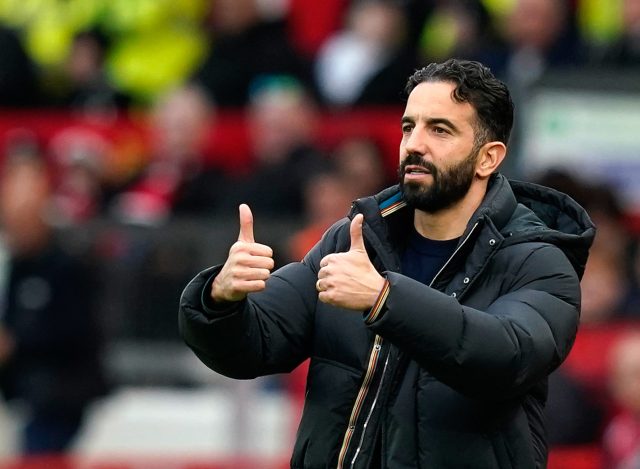
Manchester United’s 2-0 loss to Arsenal at the Emirates highlighted both progress and persistent challenges for Ruben Amorim’s team. In the first half, the Red Devils held their own, demonstrating improved structure and discipline in a 3-4-3 system.
However, their lack of firepower and inability to capitalize in key moments allowed Arsenal to take control, scoring twice from set pieces in the second half.
Amorim’s tactics showed promise, particularly in the team’s defensive organization and build-up play. Yet, the attack faltered, with Garnacho and Højlund failing to register shots and Mason Mount finishing with the fewest touches on the pitch. Bruno Fernandes struggled to create, his performance marred by wastefulness. Amorim himself acknowledged the issue, stressing the need for more aggression and creativity in the final third to complement their structural improvements.
The squad’s fitness and cohesion also remain a work in progress. Amorim has had to rotate heavily, partly due to physical limitations among players like Malacia and Maguire. While this approach has allowed him to evaluate the team, it has also made it difficult to establish a consistent starting eleven. Positives, such as Amad Diallo’s adaptability as a right wing-back, have emerged, but a lack of offensive synergy continues to hinder results.
For United to truly compete at the highest level, their attacking identity must evolve. While the 4-0 win over Everton hinted at potential, it was largely the result of defensive errors by their opponents rather than genuine attacking brilliance. Amorim has laid a solid foundation, but it’s clear that significant work remains before United can challenge title-contending sides like Arsenal consistently.



